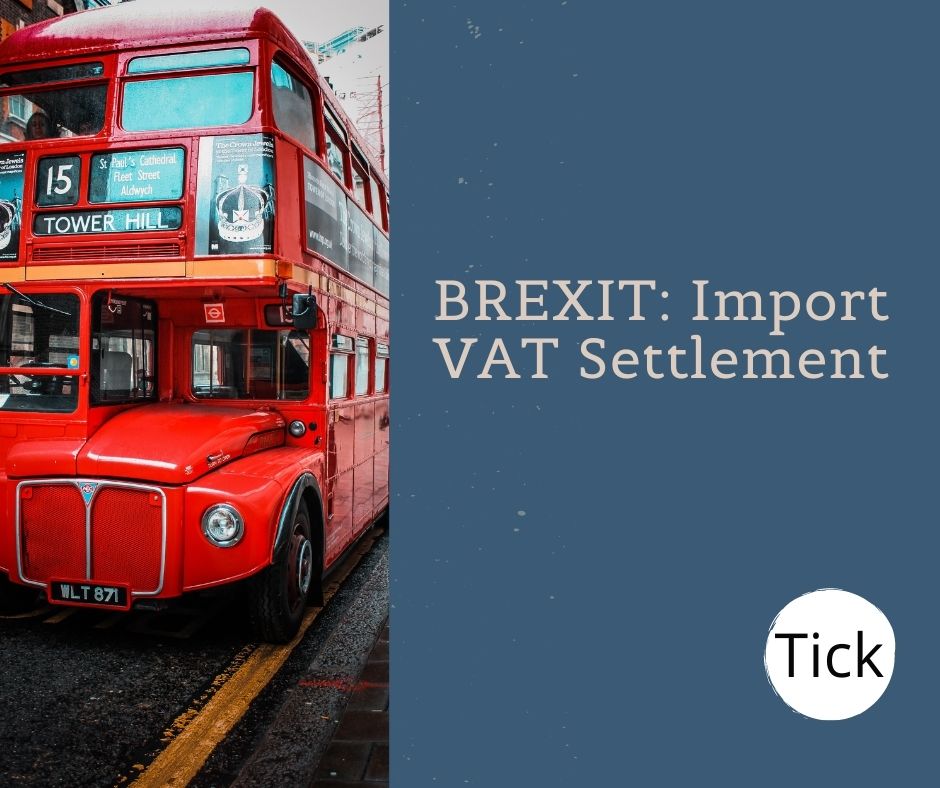From 2021, the United Kingdom, irrespective of the adoption of a free trade agreement (both in the scenario “with a free trade agreement” and the scenario “without a free trade agreement”), will be a third country. It will not be subject to the rules of the EU VAT system. In the context of VAT rules, there are many differences between intra-Community supplies and acquisitions, and supplies and acquisitions from non-EU countries. In the entry, we refer to one of the key issues in this context, i.e. the method of settling (paying) VAT in connection with the import of goods from the UK to the EU.
Import and release for free circulation of goods from the UK to the EU, e.g. to Poland, will result in a customs debt. This will involve the payment of customs and tax duties, including import VAT.
The basic payment deadline for import VAT, like customs duties, is only 10 days. This obligation will be counted from the date of notification by the customs authority about the amount of customs and tax duties. Import VAT can only be deducted in the VAT declaration.
VAT on intra-community acquisitions (intra-community acquisitions), i.e. the tax that occurs when purchasing goods from the UK until the end of 2020, is calculated and deducted directly on the VAT return. In practice, the deduction may take place later than it is necessary to charge VAT, but VAT on intra-Community acquisition, as a rule, should be neutral for taxpayers.
UK importers of goods should therefore be prepared to reserve cash to settle the import VAT by paying it and freezing these funds until it has been deducted on the return.
The negative impact on cash-flow importers can be offset by applying billing according to Art. 33a of the VAT Act, i.e. import VAT calculation and deduction in the declaration. This solution is available to every VAT payer under certain conditions. The type of the customs declaration does not matter (both in simplified and in the normal procedure).
An important condition for using the settlement in accordance with Art. 33a of the VAT Act, customs declarations will be made. Customs declarations must be made to the taxpayer through a direct or indirect representative within the meaning of customs regulations. However, this condition will not apply to the holders of AEO C authorizations, as well as the authorization to simplify the incomplete declaration or the declaration in the form of an entry in the declarant’s register.
According to the current arrangements, from 2021 the acquisition of goods from Northern Ireland will continue to be accounted for VAT as any other intra-Community transaction.
So how do you prepare for change?
Complete the formalities necessary for customs clearance (EORI registration, in many cases also appointing a customs representative and obtaining permits).
Adapt your accounting and tax systems to the changing status of Great Britain and Northern Ireland.
Estimate the amount of import VAT to be paid on the scale of planned imports and plan cash flows taking into account the specificity of import VAT settlement.
Consider simplifying the import VAT settlement by charging and deducting on the VAT return.


